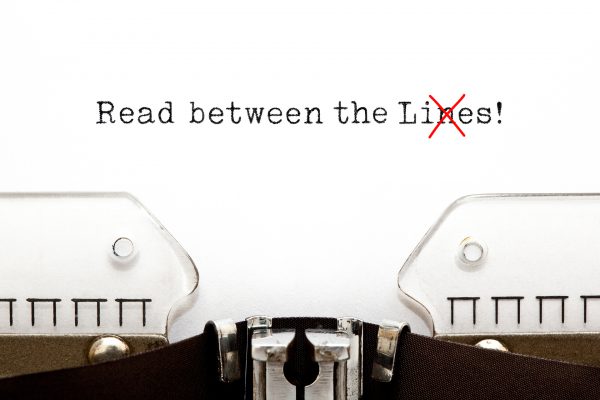A German study has indicated that students “struggle to critically assess information from the internet and are often influenced by unreliable sources”, a finding that is particularly troubling in the midst of a pandemic.
While the internet and social media provide us with instant access to an endless stream of apparent ‘facts’, being able to differentiate between accurate and inaccurate information involves a particular set of skills.
The study found that “having a critical attitude alone is not enough. Instead, internet users need skills that enable them to distinguish reliable from incorrect and manipulative information.” However, the findings of the study indicated that “most students do not succeed in correctly evaluating online sources in the given time and in using relevant information from reliable sources on the internet to solve the tasks.”
“Being a critical thinker means questioning what you hear, see or read,” says Brenda Mathenia, Director of Teaching and Learning at College of the Rockies. “Helping users to become critical thinkers is what we do in libraries every day. Critical thinking requires understanding how information is created and shared, who is creating the information, what the purpose is behind the information, and why is it being shared. A critical thinker will know how to confirm information they’ve found, through alternate, trusted sources such as official reports, scientific literature, or through experts in the relevant discipline.”
Difficulty weeding through facts and fiction online is something that is challenging at any age, yet as we navigate through a global health crisis, being able to do so becomes even more vital. “Remember, just because it’s in writing, or has been repeated by multiple sources does not mean something is true and accurate. Critical thinking has never been a more ‘critical’ skill than right now,” Mathenia adds.
The United Nations has indicated concern that the spread of false COVID-19 information is putting lives at risk. At minimum, misinformation can lead to unfounded fear or anxiety. If you see information online, or on social media, that alarms or concerns you, it is worth the time to fact check to see if it is, in fact, accurate, and to avoid unwittingly spreading false information to others. College of the Rockies has a list of COVID-19 resources on our website that provide reliable and updated information.
Stay safe and healthy.
